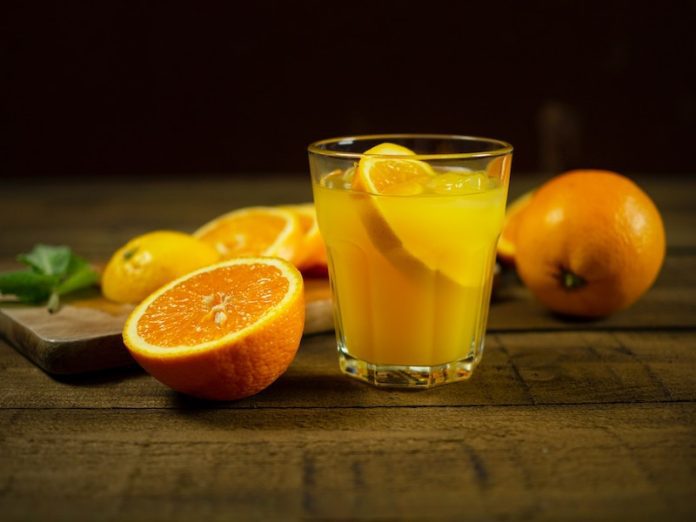
Dyslipidemia is a health issue where the amount of fats (or lipids) in a person’s blood is too high or too low. It’s linked to some serious health problems.
One popular drink that’s packed with flavonoids, a type of health-boosting particle, is orange juice.
But, there’s been some debate about how orange juice might affect the fats in our blood. So, researchers wanted to find out more.
The Study
The team looked at lots of scientific studies (from places like the Cochrane library, Scopus, PubMed and Embase) to see what they had to say.
They paid close attention to what the studies reported about different blood fat levels: TG (triglycerides), TC (total cholesterol), HDL-C (good cholesterol), and LDL-C (bad cholesterol).
The team began with a whopping 6,334 articles. But after we read through them all, they found that just 9 of them met our criteria for a good, reliable study.
The Findings
When the team looked at all the information from these 9 studies, they found some interesting things.
Drinking orange juice didn’t seem to have much effect on TG, TC, or HDL-C. This means orange juice doesn’t change the amount of these fats in our blood in any significant way.
But, there was a silver lining. The team found out that drinking orange juice could reduce the amount of LDL-C (the bad cholesterol) in the blood.
This is good news because high levels of LDL-C can lead to heart problems.
Interestingly, the team noticed that drinking more than 500 milliliters of orange juice each day could help to lower LDL-C levels even more.
Conclusion
So, what does all this mean? Well, it seems that while orange juice might not help improve the levels of TG, TC, or HDL-C in our blood, it could help to lower LDL-C levels, especially when we drink more than half a liter a day.
But, because there’s still some disagreement and uncertainty around this topic, the researchers think more detailed, high-quality studies should be done.
This will help us understand better and give a more solid conclusion.
The research was published in the Journal of Nutritional Science.
Copyright © 2023 Scientific Diet. All rights reserved.





